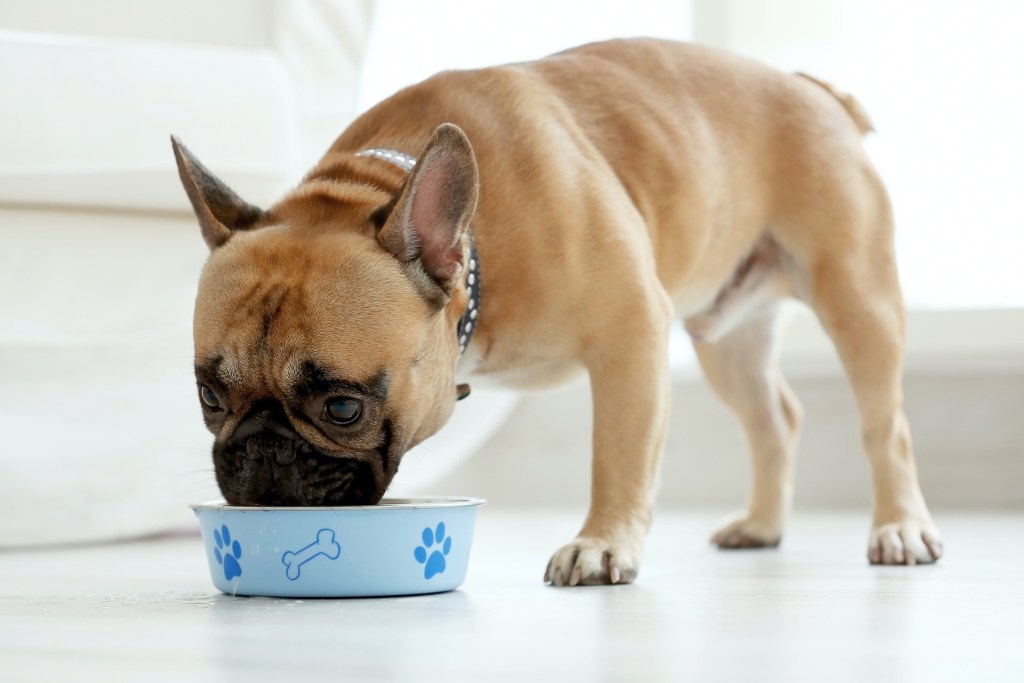Loving pet parents are always looking for ways to improve their fur baby’s health, whether through diet, exercise, or any other means. In the last several years, we’ve seen the emergence of numerous dog diet trends, though the prevalence of fresh, dehydrated food looks promising. Many trustworthy brands are selling dehydrated and freeze-dried (technically, the cooking processes differ, so they’re not considered the same) meals for dogs, though not all pet parents know about the benefits of dehydrating food for your pet.
If you find yourself looking up questions like “Is dehydrated dog food good?” then this is the article for you! We’re going to go over what defines dehydrated dog food, its possible benefits and drawbacks, and why a pet parent might consider switching their pet to a dehydrated diet.
What is dehydrated dog food?
Simply put, dehydrated dog food is the result of cooking all the moisture out of an ingredient. To dehydrate something, all you need to do is bake it at a low temperature for a long time (hours to days) to get a chewy, jerky-like product. Although meat is a popular choice for dehydration, you can use anything from fruits and veggies to flavorful herbs. Depending on what you choose, your pup’s dehydrated snack can have a texture anywhere from chewy and tough to crunchy and crisp.
Commercial dog food brands have taken dehydration to the next level with pre-prepped meals and food. Instead of baked kibble pieces, dehydrated dog foods use fresh ingredients and zero preservatives — the dryness itself acts as a preservative — to create a nutritious, stewlike blend. When preparing this kind of meal for your pet, you’ll mix the dehydrated ingredients with water, let them sit, then serve!
Make sure to follow the directions on the box as closely as you can. Failing to do so might result in a nutritionally incomplete diet for your dog, which is not good for his long-term health. When executed correctly, though, a dehydrated-food diet can be an awesome switch for many pups and their families.

Is dehydrated dog food good for dogs?
Dehydrated dog food has many benefits, some of which traditional kibble doesn’t have. One is a lack of chemicals and preservatives, which often help keep kibble fresh longer.
Although there are fewer chemicals, there can be fewer nutrients as well — heating food in any way removes some of the vitamins and minerals. Still, dehydrated food is less processed than its kibble counterparts. A good rule of thumb is: The more processed a food is, the fewer of its original nutrients are probably present.
On their own, however, some dehydrated dog foods may not provide your dog with all the nutrients he needs. Always read the packaging carefully to note whether the manufacturer recommends adding supplements, wet food, or anything else to the meal. Many brands need only to be mixed with warm water, though you can occasionally substitute chicken stock for an extra nutritional boost as well.
Benefits of dehydrated dog food
In addition to fewer chemicals and more fresh ingredients, dehydrated dog food provides several benefits that pups and their parents will love.
Storage: Storing dehydrated food is a lot more forgiving, for starters. Dehydrated food that has been mixed with water can be kept covered in the fridge for up to three days, while unprepared food can be safely stored for one to two years, though you should confirm this via the packaging, as every brand can be different.
Convenience: Dehydrated dog food is also ideal for pet parents who’d rather purchase food less often or dedicate less space to storage. Although specific measurements will change recipe to recipe, you’ll get more than you think out of every purchase. For example, one pound of Sojos Complete Freeze-Dried Dehydrated Dog Food can make up to five pounds of prepared food.
When to consider dehydrated dog food
Dehydrated dog food is sometimes recommended for pups with food allergies or a sensitive stomach. Amazon’s No. 1 bestseller for “dehydrated dog food,” The Honest Kitchen Human Grade Dehydrated Grain Free Beef Dog Food, uses high-quality produce and meat to make an easily digestible, nutritious meal.
One review from dog mom and veterinary professional m.badgley praises this food’s nutritional value and whole ingredients. Many reviewers also love having a grain-free option, which may make carbohydrate-based digestive issues less prevalent as well.
From nutritional gain to ease and convenience, pet parents have many reasons to be interested in dehydrated food for their dog. There’s been evidence of many positive changes resulting from this diet, and with the popularity of raw and dehydrated foods still growing, even more are sure to come. When in doubt, you can always ask your veterinarian for guidance — that’s what they’re here for, after all!




